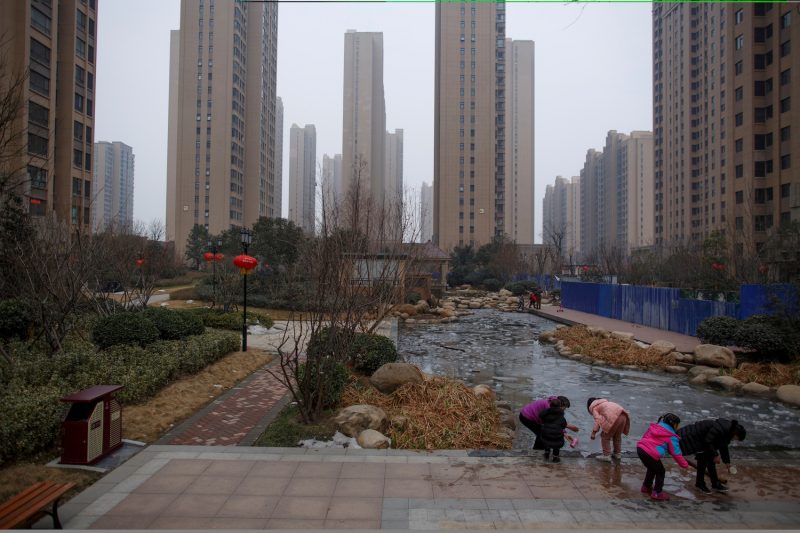(ATF) Over the past few decades, house prices in various parts of China have been rising almost constantly. However, recently, there has been a lot of news about a decline in the price of homes.
One of the reasons is the well-publicised move by the Evergrande Group, one of the country’s biggest property developers, to sell its homes at a 30% discount to boost liquidity and avoid a collapse because looming payments due of its massive debts, totalling an extraordinary $120 billion.
This led to Jinan in eastern Shandong province suffering its first property price fall from 17,000 yuan per square metre to 13,000 pm2, and Shijiazhuang in northern Hebei province also seeing its first property price fall from 36,000 pm2 to 19,000 pm2.
Xicai.com has reported that other cities are seeing similar price drops.
The government has also been saying that property speculation is not encouraged anymore.
Data released by the National Bureau of Statistics shows that only nine out of 70 representative cities suffered a month-on-month decline in new house prices in August, and it claims these were very small, with the largest drop in prices being only 0.7%.
Compared with the same period last year, there are a few more cities where the price of new houses has fallen. There are 10 cities, and the decline is even greater. The largest drop of 3.3% was in Jinan, so the price reduction of properties in that eastern city noted above may be true.
But the National Bureau of Statistics actually issues two sets of figures – one for “internal” use by Communist Party members, and public figures, which may or may not be accurate, depending on what the party decides to do maintain social order.
If the Chinese housing ‘bubble’ bursts, there is likely to be a lot of social disorder. People hate seeing the value of homes they have struggled for years to buy lose value.
In terms of second-hand housing, more cities saw house price declines. Among the 70 representative cities, 18 cities experienced a month-on-month decline in August, and 27 cities experienced a year-on-year decline. The largest decline was 9.3%. Housing prices in several cities have fallen by nearly 5%, which is not a small amount.
It can be seen that the decline in house prices is indeed happening in a small number of cities, but it cannot be ignored that house prices in most cities are still rising, and there is basically no general decline in house prices. Since there are more cities where the price of homes is rising than the number where home prices are falling.
So, that makes one wonder: Why is there more news in the state-run media about housing price declines than housing price increases?
Endless rumours
One reason may be that rising house prices is the norm, so falling house prices is different and thus worthy of reporting. It is not common for house prices to fall, and it is more likely to cause discussion once it occurs. Also, despite controlling media and other forms of communication, the lack of accurate information leads to endless rumours and panic.
Compared with previous years, there are indeed more cities where housing prices have fallen this year, because the economic situation in 2020 is not good all over the world, and the increase in cities where housing prices have fallen is normal. But, it has not yet reached the point of a more general decline across China.
Other commentators believe “rumours of war” have caused people to be hesitant about buying homes as this time.
State media, meanwhile, reported the government’s plan to increase urbanisation has passed its target in the 5-year plan that ends this year. Over 100 million people have shifted to urban areas, so now 44% of Chinese citizens live in urban areas.
China has a ‘hukou’ system which states what area a citizen must live in. The distinction between agricultural hukous and non-agricultural hukous has been abolished in various places and registered for more people can be resident in those hukous, Xinhua reported.
























